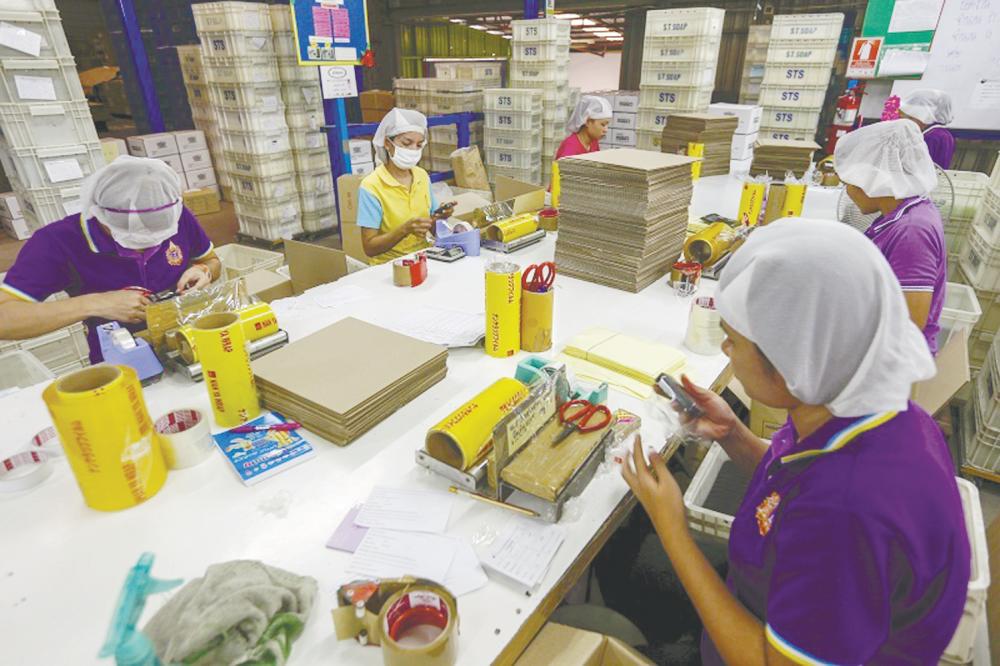PETALING JAYA: Malaysia’s economy may extend its slowdown into the second quarter amid weak domestic demand and global headwinds, according to economists.
Kenanga Research retained its view that the manufacturing performance would remain subdued going forward, due to the elevated uncertainty surrounding the final outcome of the US-China trade negotiation.
“Economic moderation in major global markets, including China, the EU and the US also partly contributed to our outlook. Along with an expectation of soft domestic demand, GDP growth will likely extend its slowdown into the second quarter of 2019 to 4.2% from an estimated 4.4% in the first quarter, adding to our whole year projection of a slower growth of 4.5%,” it said in a research note today.
AmBank Research, too, expects first-quarter GDP growth to be weak following the lacklustre Industrial Production Index (IPI) performance.
“It (Q1 GDP growth) should read around 4.1% with our downside at 3.8%. Underpinned by ongoing external headwinds, added with domestic issues, we believe the economy is likely to experience moderate growth in 2019. Our base case growth is 4.5% with the downside at 4.0%.”
Bank Negara is set to release first-quarter GDP figures this Thursday.
PublicInvest Research foresees Malaysia’s exports and IPI to rebound once trade normalises despite the current jittery conditions.
The IPI rebounded in March, rising 3.1% year-on-year, driven by a turnaround in manufacturing and sustained electricity demand while mining continued to contract.
PublicInvest Research said the IPI average of 2.7% for the first quarter of 2019 is its lowest since the third quarter of 2018 (2.4%), but noted that it should not be a source of concern as it was caused by an uncharacteristic situation namely the trade war, and is bound to recover once global trade normalises.
It said that the manufacturing sector may rebound once global trade normalises but electricity output may not sustain and is likely to ease in the second quarter.
“Mining sector performance may normalise in the months ahead given the expectation of output rebound by natural gas though this may be offset by crude petroleum production constraints and extension of voluntary supply adjustments by Petronas,” it added.
However, Kenanga Research and HLIB Research are less optimistic, due to the impact of the trade war on Malaysia’s manufacturing performance.
“In the immediate term, we anticipate manufacturing production to remain subdued following the re-escalation of US-China trade dispute that is anticipated to lead to increased uncertainty and pullback in investment and trade activities,” said HLIB Research.
Meanwhile, UOB Global Economics & Markets Research said Pakatan Harapan’s new economic agenda is relevant and purposeful, given Malaysia’s current social, economic and political landscape.
“We think the government has detailed many key areas that need fixing, some which are seen to be a tall order. Nevertheless, strong political will alongside firm execution and implementation will ensure that Malaysia moves forward to achieve these goals,” it said in its macro note today.
UOB said identifying new growth sectors is critical to further diversify Malaysia’s economic structure amid increasing challenges for commodity industries and rising global trade protectionism.













